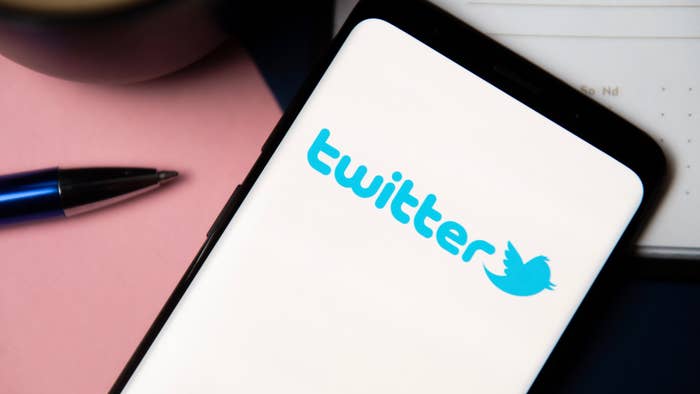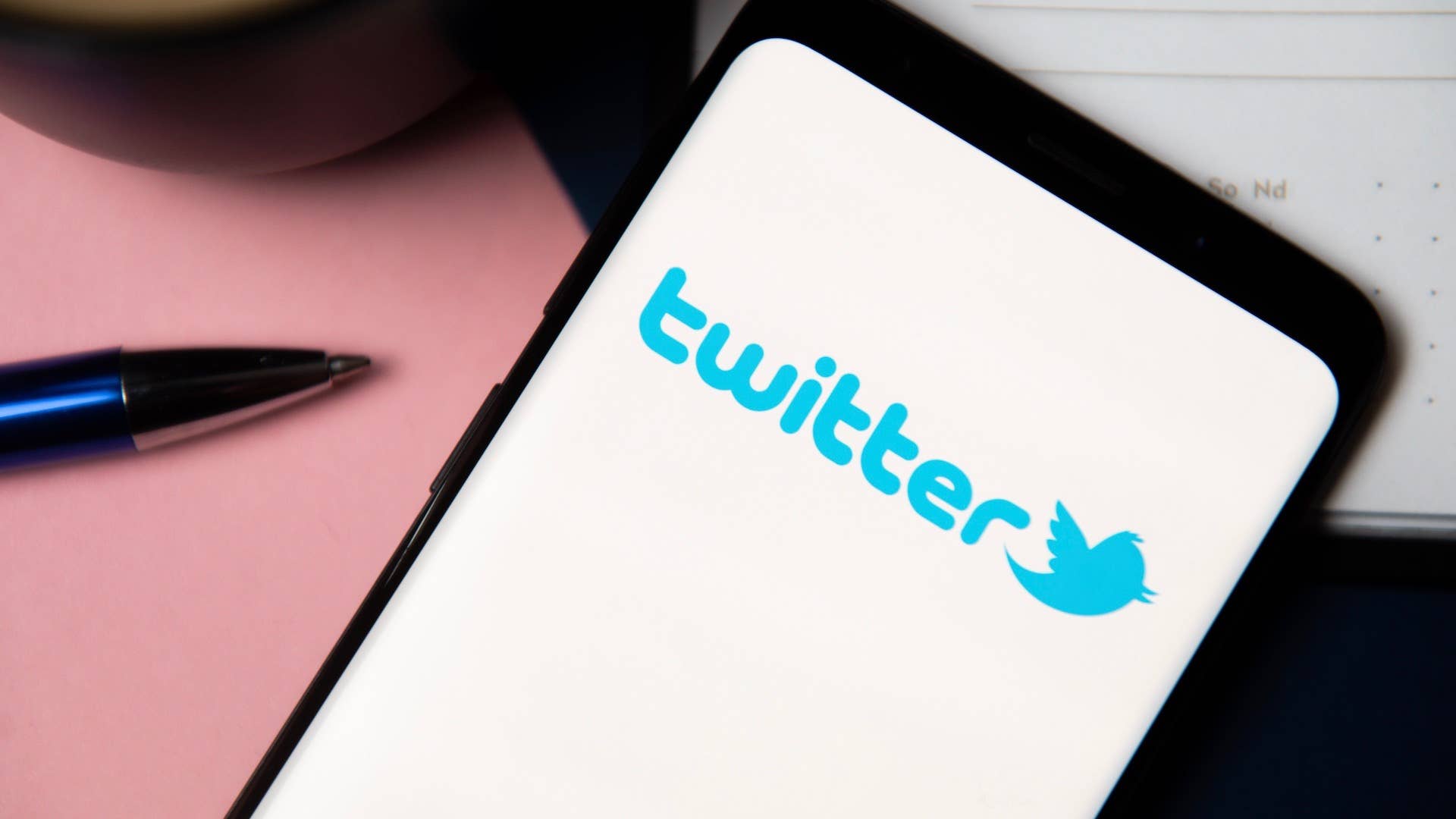
With less than a month until Election Day, Twitter announced it was upping its efforts to curb the spread of misinformation. But not everyone is happy with the approach.
On Friday, the social media giant revealed a set of temporary changes that discourages the use of the retweet function. Twitter claims the changes will make it much more difficult for users to spread false information related to the 2020 election, and will encourage users to be more considerate about the posts they share on their accounts.
"Twitter plays a critical role around the globe by empowering democratic conversation, driving civic participation, facilitating meaningful political debate, and enabling people to hold those in power accountable," the company wrote in a blog. "But we know that this cannot be achieved unless the integrity of this critical dialogue on Twitter is protected from attempts — both foreign and domestic — to undermine it."
Beginning on Oct. 20, any user who tries to retweet a post will be prompted to use a Quote Tweet instead. Twitter states this will encourage the individual to add their own commentary and explain why they've decided to amplify the tweet.
We’ll temporarily ask people to add their own commentary before amplifying content by prompting Quote Tweets instead of Retweets. We hope this encourages everyone to consider why they are amplifying a Tweet, and brings more thoughts, reactions & perspectives to the conversation. pic.twitter.com/SGabVDtZlZ
"Though this adds some extra friction for those who simply want to Retweet, we hope it will encourage everyone to not only consider why they are amplifying a Tweet, but also increase the likelihood that people add their own thoughts, reactions and perspectives to the conversation," the blog post explained. "If people don’t add anything on the Quote Tweet composer, it will still appear as a Retweet."
Twitter's announcement was immediately met with criticism, as many artists and entrepreneurs expressed concern that the Quote Tweet prompt would reduce their engagement and drastically limit their reach. For example, if an artist's work is Quote Tweeted, the artist will not benefit from any of the likes or comments that the QT receives. Twitter user @altermentality broke down the concerns in a lengthy thread that explained why artists and small business owners will likely be harmed by the QT prompt.
Twitter states that the global change will continue "through at least the end of Election week." At that time, the company will assess whether or not to extend it.
Twitter also announced users, including candidates, will be prohibited from declaring a victory before results are called by "state election officials, or a public projection from at least two authoritative, national news outlets." The site will also remove any tweets that are intended to incite interference with election results.
Additionally, Twitter will utilize warning labels for tweets that purportedly include misleading information.
"When people attempt to Retweet one of these Tweets with a misleading information label, they will see a prompt pointing them to credible information about the topic before they are able to amplify it."
If a political figure tweets misinformation, Twitter will force other users to tap through a warning to read the message. Likes, comments, and retweets for these posts will also be disabled.
You can read more about Twitter's new changes here.

